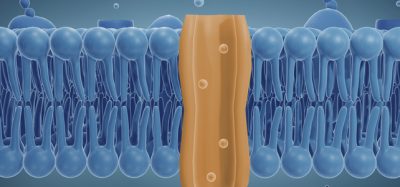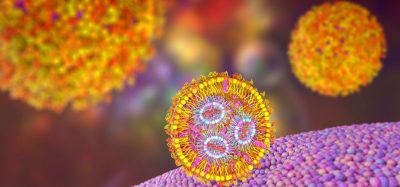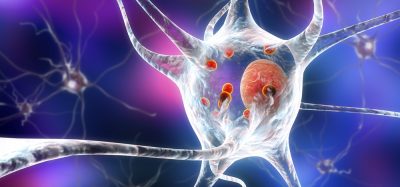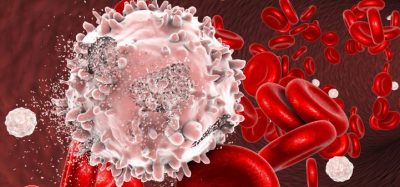Molecule found to boost immune cells leads to new cancer therapy target
Posted: 29 May 2019 | Drug Target Review | No comments yet
A study has identified a molecule which boosts immune cell function and could be used in cancer therapies.
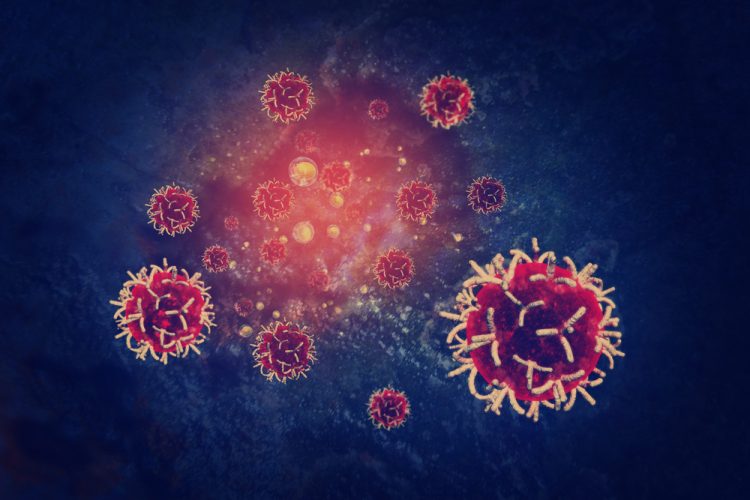
A recent study at the University of Edinburgh has found that cancer therapies which use immune cells to trigger the body to attack tumours could be improved by a molecule that boosts their function.
The molecule, called LL-37, is produced naturally by the body in response to infections to help kill harmful bacteria and viruses. Researchers at the University’s Centre for Inflammation Research found that adding LL-37 to dendritic cells while they are growing in the lab increases yields of cells suitable for clinical use.
Treating mice with cells grown using this technique helped to shrink tumours and, in some cases, led to complete clearance of the cancer. Early tests suggest LL-37 has similar effects on human cells but further studies are needed.
Dr Emily Gwyer Findlay, of the University of Edinburgh’s Centre for Inflammation Research, said: “Our research has previously focused on the potential LL-37 has for fighting infections, but excitingly we now find that this substance, which the body makes naturally, could be used in new cancer treatments.”
“We hope that our discovery will create new opportunities by overcoming some of the current road-blocks to effective use of dendritic cell-based cancer therapies,” Findlay commented.
The study, published in the journal Oncoimmunology, was funded by the Medical Research Council and the Royal Society.
Related topics
Drug Development, Drug Targets
Related organisations
Centre for Inflammation Research, Edinburgh University, Medical Research Council, Oncoimmunology, Royal Society
Related people
Emily Gwyer Findlay



